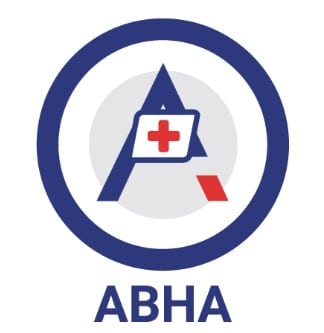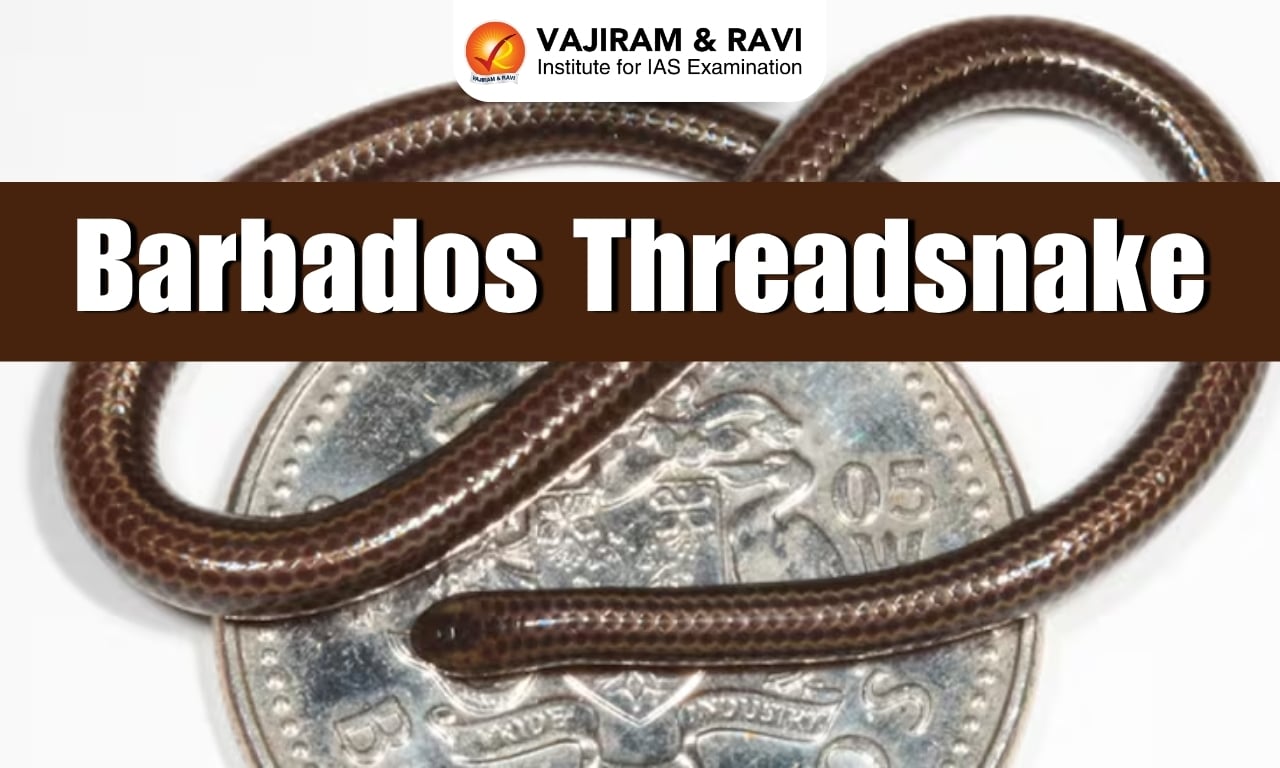About Ayushman Bharat Health Account (ABHA)
- ABHA is a randomly generated 14-digit number used for the purposes of uniquely identifying persons, authenticating them, and threading their health records (only with their informed consent) across multiple systems and stakeholders.
- People can opt-in to create a digitally secure ABHA, which allows them to access and share their health data with participating healthcare providers and payers.
- It helps citizens maintain their health records at one place.
- It allows users, insurance companies, and hospitals to access health records digitally.
- It will enable easy digital access to lab reports, prescriptions, consultation details, and diagnoses from verified doctors by presenting the Health ID.
- In addition, it will digitally connect the hospitals across the country with each other.
- Having an ABHA health ID card is not mandatory. People can choose to register for the facility or erase their information from the ABHA database if they want to opt out of this facility.
Key Facts about National Medical Commission (NMC)
- It is a statutory body established under the National Medical Commission Act, 2019.
- It has replaced the Medical Council of India (MCI), constituted under the Indian Medical Council Act, 1956.
- Functions:
- NMC regulates medical education and medical professionals.
- The Commission grants recognition of medical qualifications, gives accreditation to medical schools, grants registration to medical practitioners, monitors medical practice, and assesses the medical infrastructure in India.
- Headquarters: New Delhi
- Organisational structure of NMC:
- It consists of 33 members, including the Chairman (medical professionals only), 10 ex-officio members, and 22 partime members.
- Medical Advisory Council: It provides the platform through which the states or UTs can put forth their views and concerns before the NMC and advises the NMC on measures to determine and maintain minimum standards of medical education.
- Four autonomous boards:
- Under-Graduate Medical Education Board (sets norms for undergraduate (UG) courses),
- Post-Graduate Medical Education Board (sets norms for post-graduate courses),
- Medical Assessment and Rating Board (inspects and rates the medical education institutes), and
- Ethics and Medical Registration Board (regulates professional conduct of the doctors and registers them).
Q1) What is the Ayushman Bharat Scheme?
Ayushman Bharat, a flagship scheme of Government of India, was launched as recommended by the National Health Policy 2017, to achieve the vision of Universal Health Coverage (UHC). Ayushman Bharat Yojana is the world’s largest health insurance scheme that provides a health insurance cover of Rs 5 lacs to each Indian family who is eligible. The scheme caters to nearly 50 crore beneficiaries and provides them access to tertiary and secondary care hospitalization, which is 40% of the Indian poor and vulnerable families.
Last updated on July, 2025
→ UPSC Notification 2025 was released on 22nd January 2025.
→ UPSC Prelims Result 2025 is out now for the CSE held on 25 May 2025.
→ UPSC Prelims Question Paper 2025 and Unofficial Prelims Answer Key 2025 are available now.
→ UPSC Calendar 2026 is released on 15th May, 2025.
→ The UPSC Vacancy 2025 were released 1129, out of which 979 were for UPSC CSE and remaining 150 are for UPSC IFoS.
→ UPSC Mains 2025 will be conducted on 22nd August 2025.
→ UPSC Prelims 2026 will be conducted on 24th May, 2026 & UPSC Mains 2026 will be conducted on 21st August 2026.
→ The UPSC Selection Process is of 3 stages-Prelims, Mains and Interview.
→ UPSC Result 2024 is released with latest UPSC Marksheet 2024. Check Now!
→ UPSC Toppers List 2024 is released now. Shakti Dubey is UPSC AIR 1 2024 Topper.
→ Also check Best IAS Coaching in Delhi















